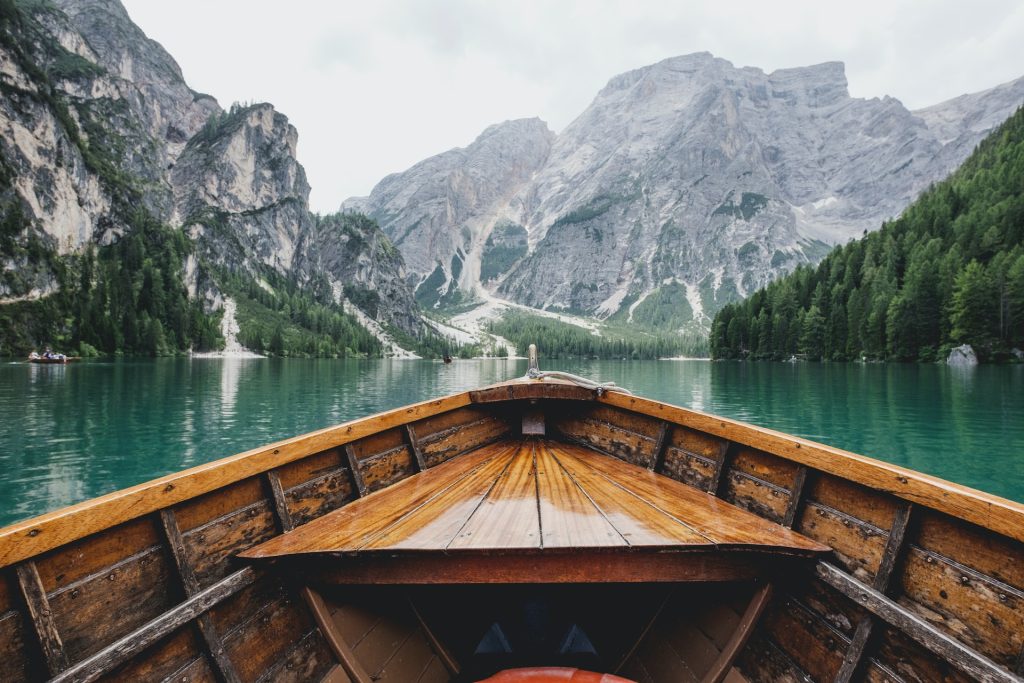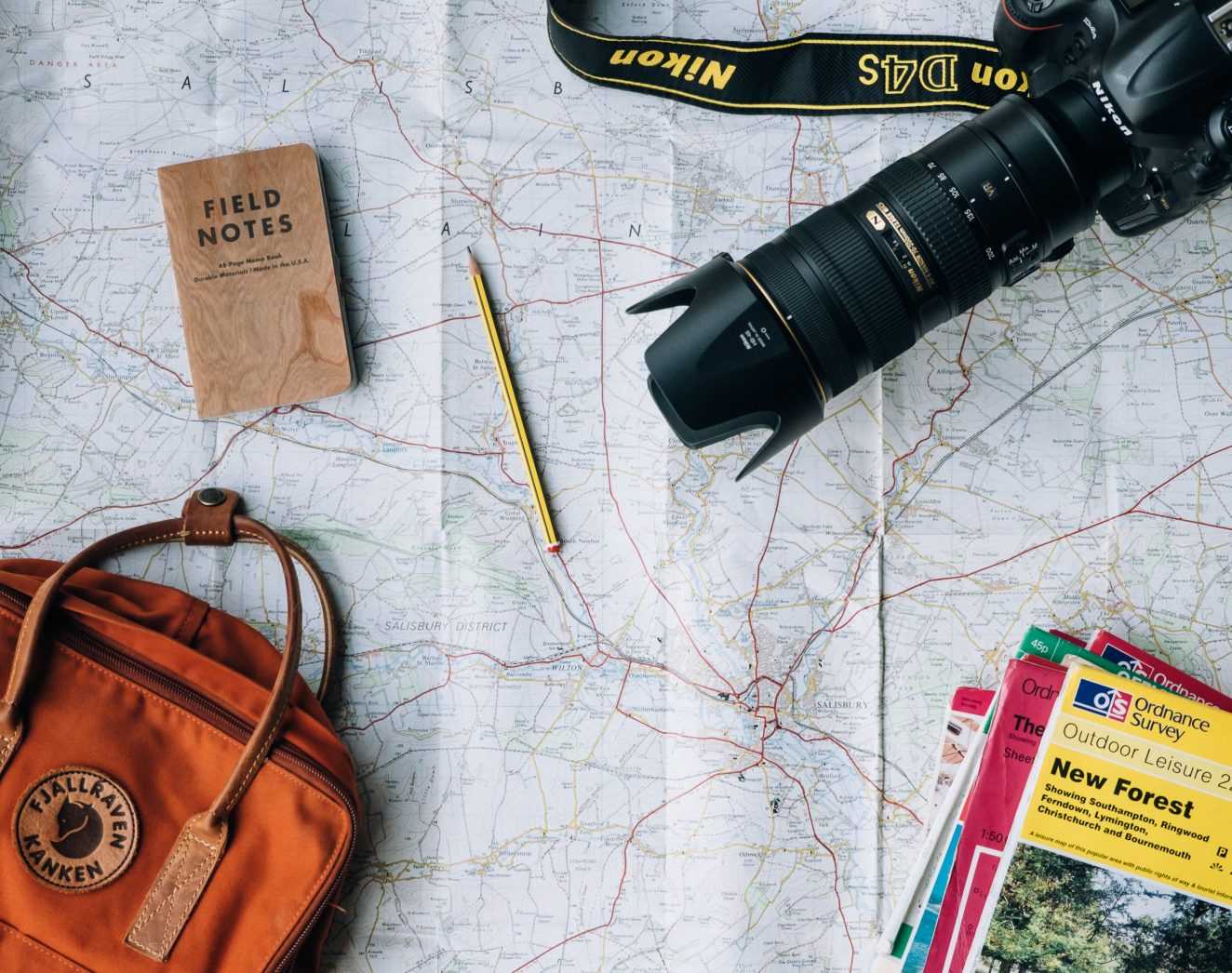Travel has long held a special place in the hearts of explorers, adventurers, and seekers of new experiences. But what drives this innate human desire to venture into the unknown, to explore new landscapes, and to immerse oneself in different cultures?
In this blog post, we’ll delve into the science and psychology of travel to uncover the reasons why people are drawn to take part on journeys, from epic adventures to serene getaways.

The Thrill of Novelty
One of the fundamental drivers of travel is the human fascination with novelty. Our brains are wired to seek out new experiences and sensations. According to research published in the journal “Neuron,” novelty triggers the release of dopamine, the “feel-good” neurotransmitter, in our brains. Traveling to unfamiliar places satisfies this craving for novelty, offering a constant stream of new sights, sounds, and experiences.
The Call of Adventure
Adventure is a powerful motivator for travelers. The thrill of pushing boundaries, stepping out of comfort zones, and conquering challenges can be deeply rewarding. Psychologist Mihaly Csikszentmihalyi’s concept of “flow” describes a state of optimal experience when skills are matched with challenges, leading to a sense of fulfillment. Travel often provides opportunities to achieve this flow state, whether it’s climbing a mountain or navigating a bustling market in a foreign city.

Escaping Routine and Stress
Travel serves as an escape from the daily grind and the stresses of everyday life. Research in the “Journal of Travel Medicine” suggests that travel can reduce stress levels and improve overall well-being. A change of scenery, the absence of routine, and the chance to disconnect from work can contribute to relaxation and rejuvenation.
Cultivating Connection and Empathy
Travel fosters empathy and a deeper understanding of different cultures. According to studies in “Psychological Science,” exposure to diverse cultures can enhance perspective-taking and increase empathy. When we immerse ourselves in new environments and interact with locals, we develop a more profound appreciation for the richness of human diversity.

Communing with Nature
Many travelers seek solace and connection with nature. The concept of “biophilia,” coined by biologist E.O. Wilson, suggests that humans have an innate affinity for nature. Traveling to natural landscapes, from lush forests to pristine beaches, allows us to satisfy this deep-seated need for a connection with the natural world.
The Quest for Self-Discovery
Travel often becomes a journey of self-discovery. Being in unfamiliar environments can lead to introspection and personal growth. Psychologist Abraham Maslow’s “hierarchy of needs” includes self-actualization – the realization of one’s full potential. Travel can provide the perfect backdrop for individuals to explore their inner selves and uncover hidden strengths.

The desire to travel is deeply rooted in the human psyche, driven by a thirst for novelty, a love of adventure, and the pursuit of personal growth. Science supports the notion that travel offers not only physical but also psychological benefits, from reducing stress to enhancing empathy and self-discovery.
As we continue to explore the world and undertake new adventures, we tap into an essential part of our humanity – the unwavering curiosity and wanderlust that inspire us to journey beyond the horizon.





